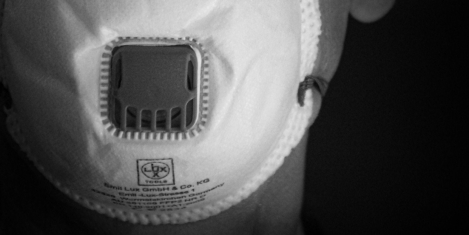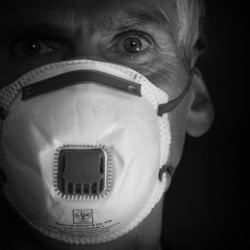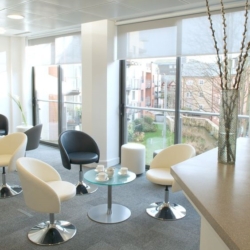September 11, 2020
The mental health consequences of COVID grow increasingly clear
 The number of self-employed people saying they have “poor” or “very poor” mental health has increased from 6 percent to 26 percent since the beginning of the pandemic (a 300 percent rise), claims new research by IPSE (the Association of Independent Professionals and the Self-Employed). The number saying they had “good” or “excellent” mental health has also dropped significantly since the beginning of the pandemic – from two-thirds (68 percent) to just over a third (39 percent). This was most severe among women (a drop of 54 percent) and young freelancers aged 16-34 (a drop of 49 percent). (more…)
The number of self-employed people saying they have “poor” or “very poor” mental health has increased from 6 percent to 26 percent since the beginning of the pandemic (a 300 percent rise), claims new research by IPSE (the Association of Independent Professionals and the Self-Employed). The number saying they had “good” or “excellent” mental health has also dropped significantly since the beginning of the pandemic – from two-thirds (68 percent) to just over a third (39 percent). This was most severe among women (a drop of 54 percent) and young freelancers aged 16-34 (a drop of 49 percent). (more…)







 While city centres are taking time to recover, there’s better news elsewhere, suggests
While city centres are taking time to recover, there’s better news elsewhere, suggests 
 Insurance provider
Insurance provider 
 What impact is COVID-19 having on business confidence? And what recovery strategies are companies prioritising in response to the pandemic? Recruitment company
What impact is COVID-19 having on business confidence? And what recovery strategies are companies prioritising in response to the pandemic? Recruitment company 
 Supported by its Green Building Councils and their members, the
Supported by its Green Building Councils and their members, the 






 New figures published today claim that more than 9 in 10 working parents and carers surveyed by work-life balance charity
New figures published today claim that more than 9 in 10 working parents and carers surveyed by work-life balance charity 










